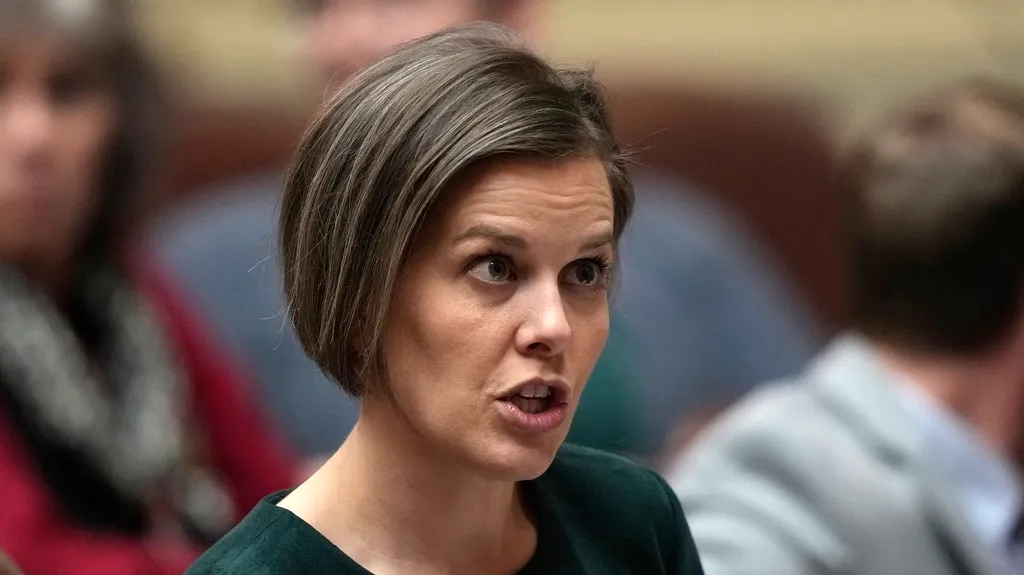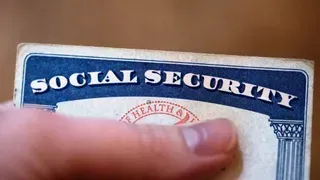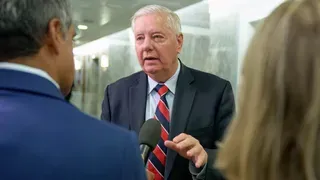December 15, 2011
Va. Board Allows Adoption Agencies to Discriminate Based on Sexual Orientation, Other Factors
Jason St. Amand READ TIME: 3 MIN.
A Virginia board has finalized rules that would allow state-licensed adoption agencies to discriminate against prospective adoptive and foster parents based on their sexual orientation, political beliefs and other personal characteristics.
After many speakers voiced support or opposition to the regulations, the Virginia Board of Social Services voted 5-1 at its regular meeting Wednesday to have them take effect May 1. Two members weren't present for the vote.
The new rules, originally adopted in April, strip out protections against discrimination based on sexual orientation, age, disability, gender, family status and political beliefs.
Board chairwoman Bela Sood noted before the decision that while society considers a mother and a father "a normal parenting unit," scientific evidence doesn't support some religious and conservative groups' claims that they make better parents than same-sex couples do.
"There are discussions and arguments that can be made on both sides," she said before casting the lone dissenting vote.
Virginia allows married couples and single people to adopt or become foster parents, but bars unmarried couples from doing so. Then-Gov. Timothy Kaine's Democratic administration added the anti-discrimination provision in 2009, but it didn't become a flashpoint for public debate until this year, when conservative legislators and groups complained.
The board voted 7-2 on April 20 to strip the protections barring adoption agencies from discriminating against prospective parents based solely on sexual orientation or any of the other five other categories. Attorney General Ken Cuccinelli, a Republican, had advised the board that it lacked the authority to bar private and faith-based groups from discriminating against gay people.
Gay-advocacy groups had asked the board to extend the public comment period for 30 days on the regulations approved in April, arguing that the decision to narrow anti-discrimination protections to race, national origin and ethnicity came without much public notice and that the board had improperly discussed the issue in closed session. The board extended the public comment period, and the Department of Social Services received nearly 3,000 comments between Sept. 12 and Oct. 11, with the majority supporting stronger anti-discrimination protections.
Several representatives of the Catholic church and other faith-based groups urged the board to keep out protections against discrimination based on sexual orientation and other factors. Church leaders framed the issue as a matter of religious freedom and the ability of birth mothers to have the right to choose prospective parents who share their religious beliefs. They also said no one has a "right" to adopt a child.
After Wednesday's decision, Virginia Catholic Conference executive director Jeff Caruso said that the board "affirmed the work of faith-based agencies and the important right of religious freedom in the state of Virginia."
But others who supported the stronger protections said that in taking on a governmental function, agencies aren't allowed to discriminate against prospective parents. They also said the new rules would allow organizations to reject people based on traits that have nothing to do with their ability to be good parents at a time when many young people are looking for permanent homes.
"It's a shame that the board would explicitly authorize agencies acting on their behalf to discriminate" and overlay their political beliefs, religion and theology on what they think is best for a child who needs a home, Claire Guthrie Gastanaga, a lobbyist for Equality Virginia, said after the vote.
She said the new regulations would allow Catholic Charities, for example, to turn away prospective parents because they're single, Jewish, gay or already have a certain number of children.
There are 81 private child-placement agencies in Virginia, and 42 of them are faith-based, agency officials said. At least 1,200 children statewide are in foster care.






